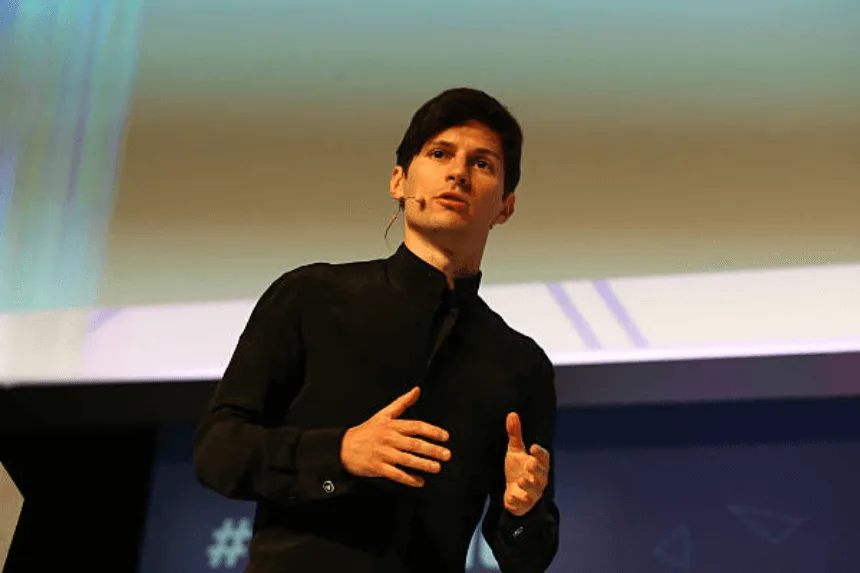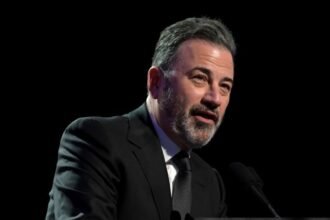Pavel Durov’s children’s inheritance plan is not only grabbing international attention—it’s rewriting the rulebook on personal legacy in the digital age. The 40-year-old founder of Telegram, a messaging app with over a billion monthly users, has confirmed that more than 100 of his biological children will inherit his estimated $13.9 billion fortune. This unconventional decision challenges traditional family structures and wealth distribution norms while reflecting his personal philosophy on independence, self-growth, and fairness.
- Who Are the Beneficiaries of the Pavel Durov Children’s Inheritance Plan?
- Why Won’t His Children Receive the Wealth Immediately?
- What Legal Challenges Is Pavel Durov Facing?
- How Has Telegram Grown Under Pavel Durov’s Leadership?
- What Does the Inheritance Plan Say About His Long-Term Vision?
- Conclusion: A Legacy That Extends Beyond Tech
Let’s explore who these heirs are, why Durov made this decision, what it means for his legacy, and how it intersects with his ongoing legal battles and growing global influence.
Who Are the Beneficiaries of the Pavel Durov Children’s Inheritance Plan?
In an in-depth interview with French political magazine Le Point, Pavel Durov disclosed that he is the official father of six children, born to three different partners. However, the total number of his biological children exceeds 100, thanks to his contributions to a fertility clinic as a sperm donor.
“They are all my children and will all have the same rights! I don’t want them to tear each other apart after my death,” Durov stated. This remark reinforces his commitment to equal treatment for all his children, regardless of their origin or the nature of their conception.
His inclusive approach to inheritance aligns with his broader ideals: fairness, decentralization of power, and challenging societal conventions. The Pavel Durov children inheritance plan exemplifies how a modern tech billionaire views family and legacy in a globalized world.
Why Won’t His Children Receive the Wealth Immediately?
Although each child will inherit a portion of Durov’s massive fortune, none of them will gain access to it for the next 30 years. According to Durov, this waiting period is essential for character building.
“I want them to live like normal people, to build themselves up alone, to learn to trust themselves, to be able to create, not to be dependent on a bank account,” he said.
This strategy reflects his belief in the importance of individual growth before wealth distribution. By postponing access to the inheritance, he hopes to instill values like hard work, perseverance, and creativity in his children. Clearly, the Pavel Durov children inheritance plan is about much more than money—it’s a lesson in self-determination.
This type of thinking is uncommon among billionaires but aligns with Durov’s minimalist lifestyle. Known for wearing all black, living simply, and avoiding media attention, Durov has often spoken about how excessive luxury can dilute ambition.
What Legal Challenges Is Pavel Durov Facing?
Durov’s announcement comes at a time when he is also dealing with serious legal issues in France. Last year, he was arrested after being accused of failing to moderate illegal activities on Telegram. These include cases of drug trafficking, child exploitation, and various forms of fraud.
However, Durov strongly denies these charges. He describes them as “totally absurd,” arguing that providing a communication platform does not make him responsible for how every individual uses it.
“Just because criminals use our messaging service among many others doesn’t make those who run it criminals,” he said. Telegram has also denied accusations of inadequate content moderation, emphasizing its efforts to cooperate with law enforcement while preserving user privacy.
Despite these challenges, Durov remains focused on his mission. His dedication to privacy, digital freedom, and individual rights remains central—not just to Telegram’s vision, but also to the way he views legacy and fatherhood. The Pavel Durov children inheritance plan becomes even more noteworthy in this context, as it paints a picture of a man focused on long-term impact, despite short-term legal battles. Read another article on the White Supremacist Group on Telegram
How Has Telegram Grown Under Pavel Durov’s Leadership?
Under Durov’s leadership, Telegram has grown into one of the world’s most widely used messaging apps, with a strong reputation for security and encryption. It is particularly popular among journalists, political dissidents, and communities that require private, censorship-free communication.
With over a billion monthly active users, Telegram is no longer a fringe app—it is a major global player. Its user base spans countries with strict digital surveillance laws, making it a beacon for digital privacy advocates.
Interestingly, the Pavel Durov children inheritance plan emerged during a period of significant growth for Telegram. This indicates that Durov is not just focused on expanding his business empire but also on securing a meaningful legacy. As his influence grows, so does the weight of his personal decisions, especially those affecting future generations.
What Does the Inheritance Plan Say About His Long-Term Vision?
The Pavel Durov children inheritance plan is a rare mix of wealth sharing, ethical parenting, and personal philosophy. By ensuring that all his children, no matter how they were conceived, receive equal rights and delayed access to wealth, Durov is creating a new blueprint for billionaire parenting.
He is also challenging the idea that wealth should be the foundation of one’s identity. Instead, he’s reinforcing the belief that personal development and independent success are far more valuable than financial inheritance.
In an age where the children of the ultra-wealthy often make headlines for excess, Durov’s strategy offers a striking contrast. It is methodical, principled, and designed for sustainability—much like Telegram itself.
Conclusion: A Legacy That Extends Beyond Tech
The Pavel Durov children’s inheritance plan is more than just a financial strategy—it’s a statement of values. It reflects a vision where wealth is not handed down freely but earned through personal growth. At the same time, it underscores Durov’s commitment to equality, innovation, and long-term impact.
Whether you see him as a digital pioneer, a controversial figure, or a modern philosopher, Durov’s approach to legacy is undeniably unique. And in a world increasingly shaped by technology, privacy, and rapid wealth creation, his decisions may well influence how future leaders view family, responsibility, and success.








